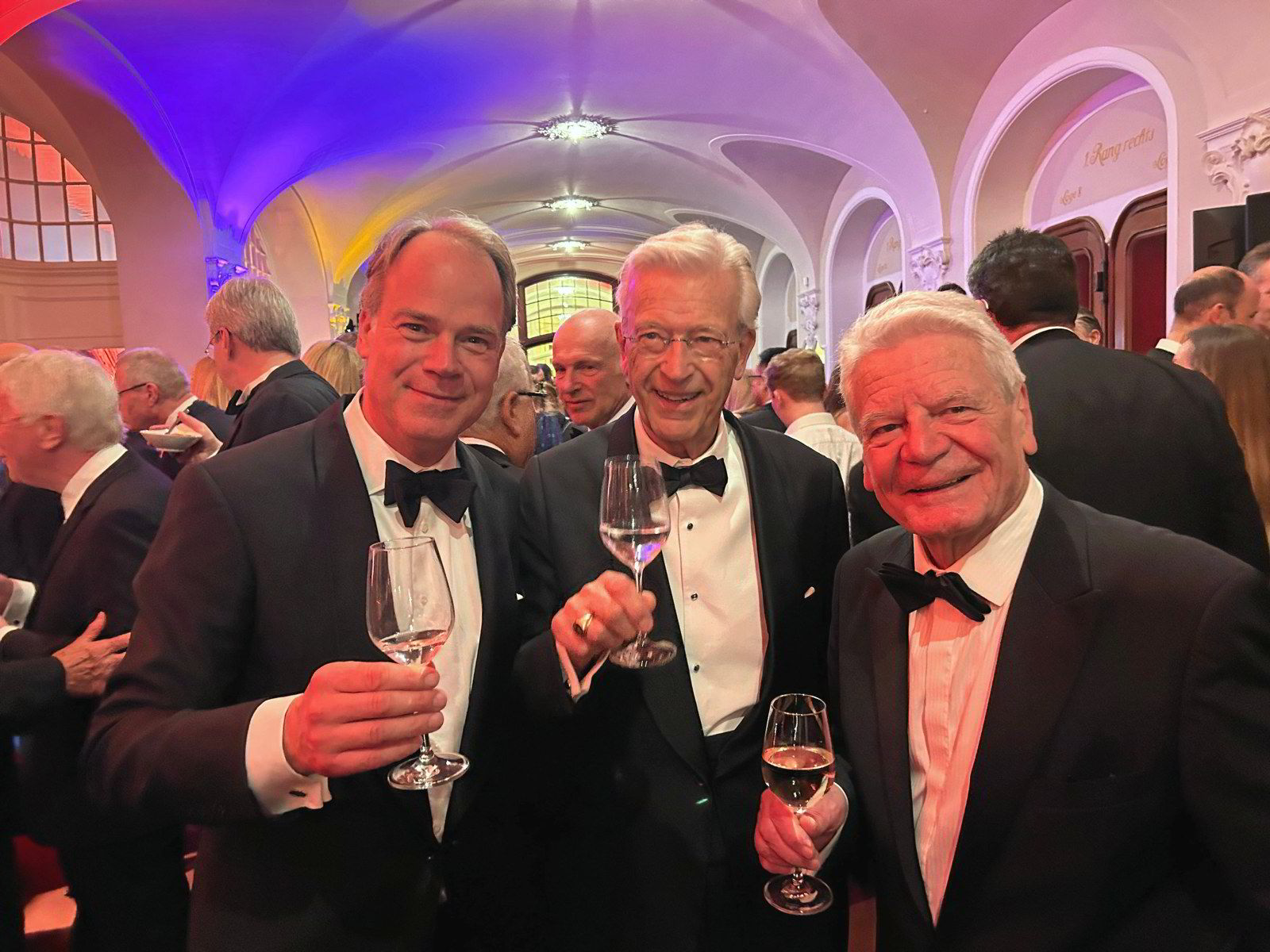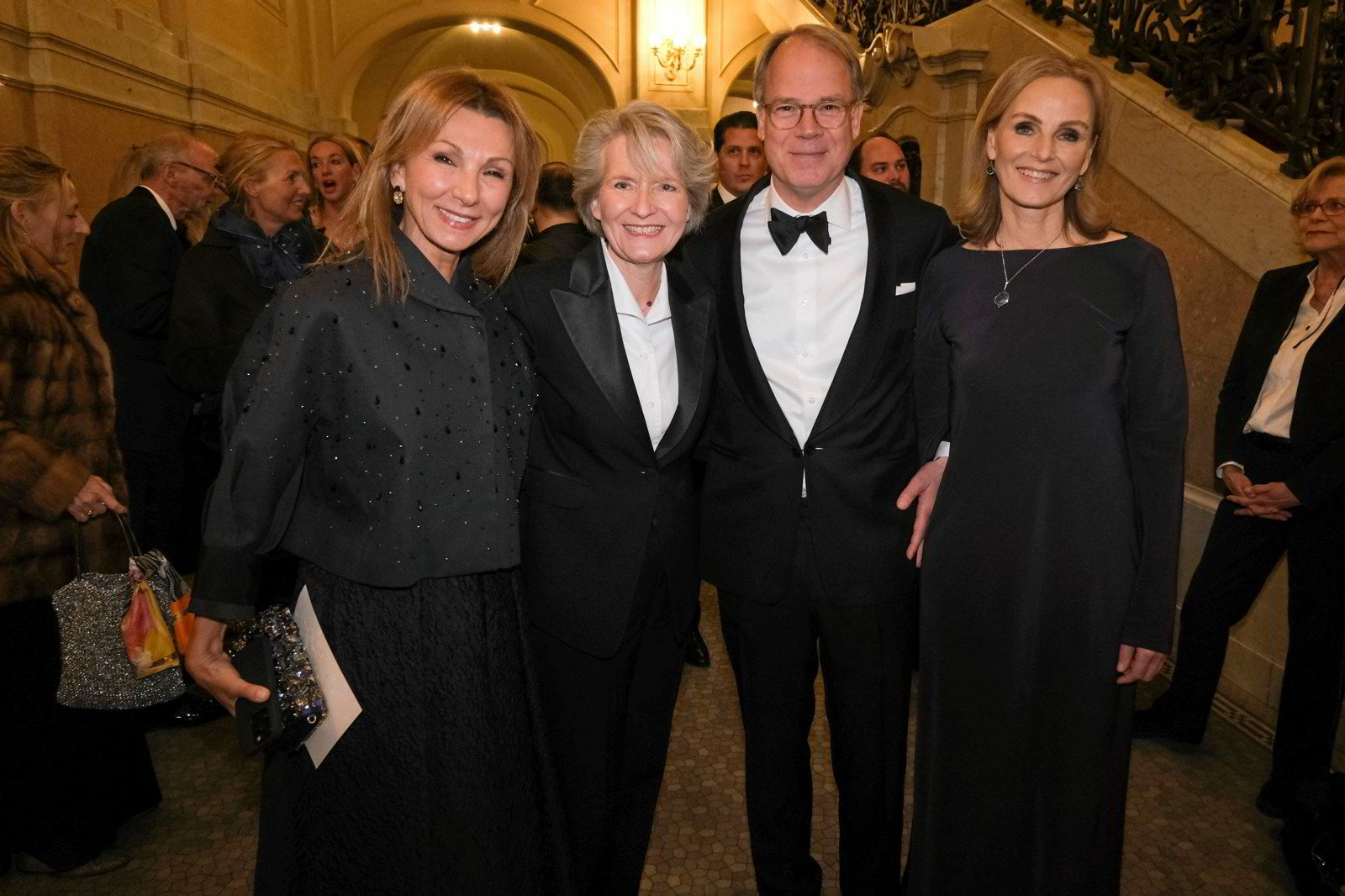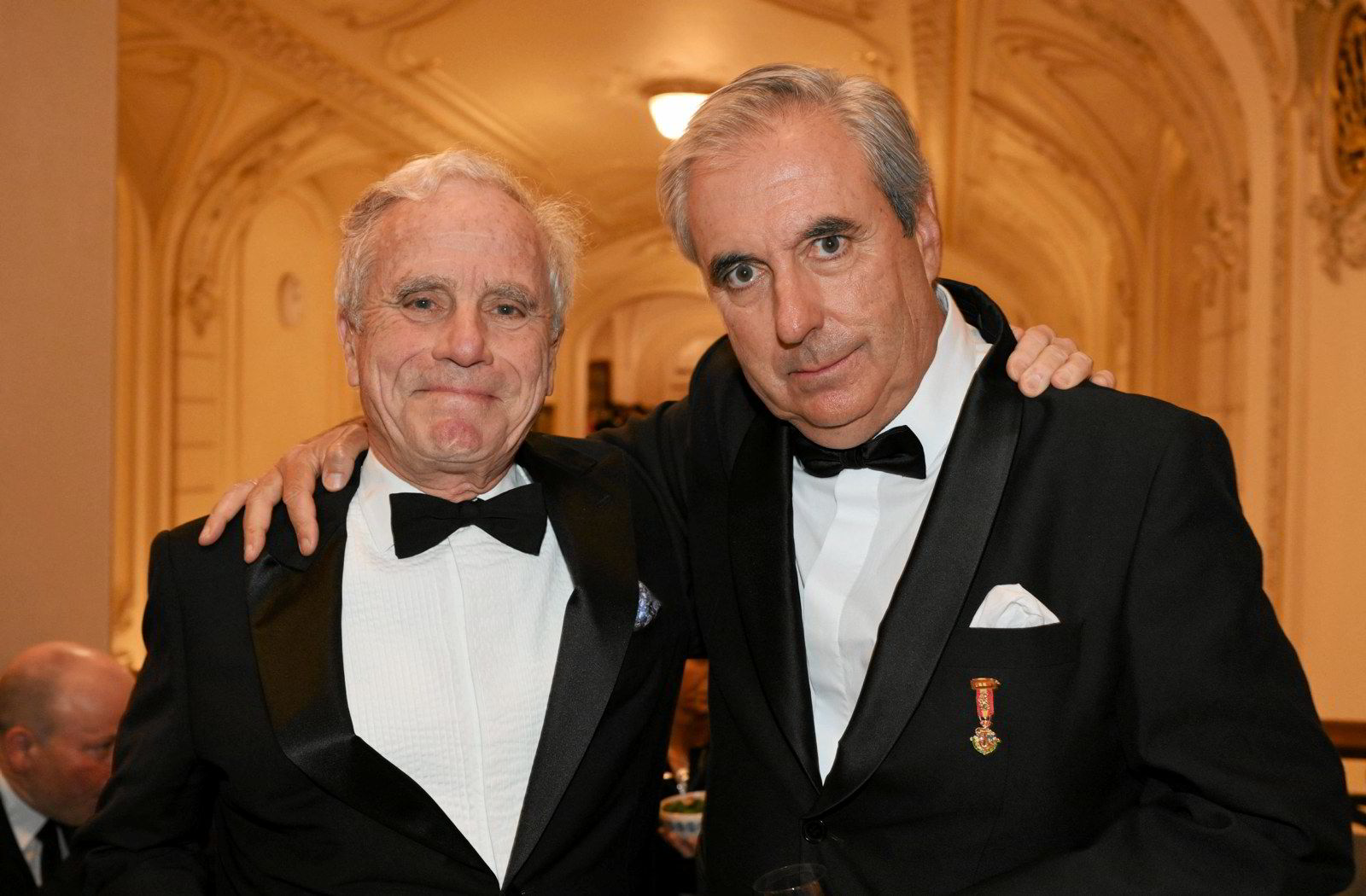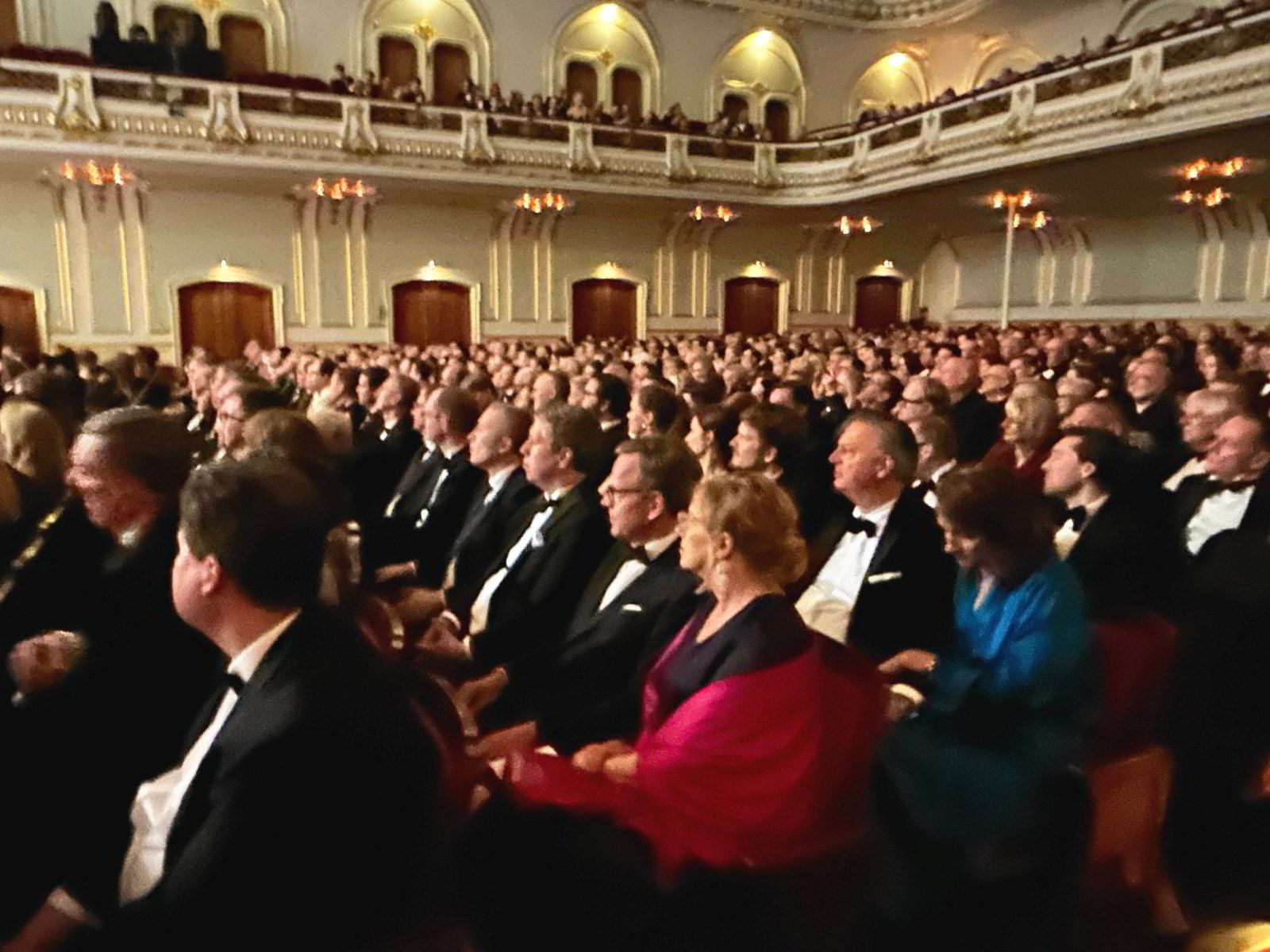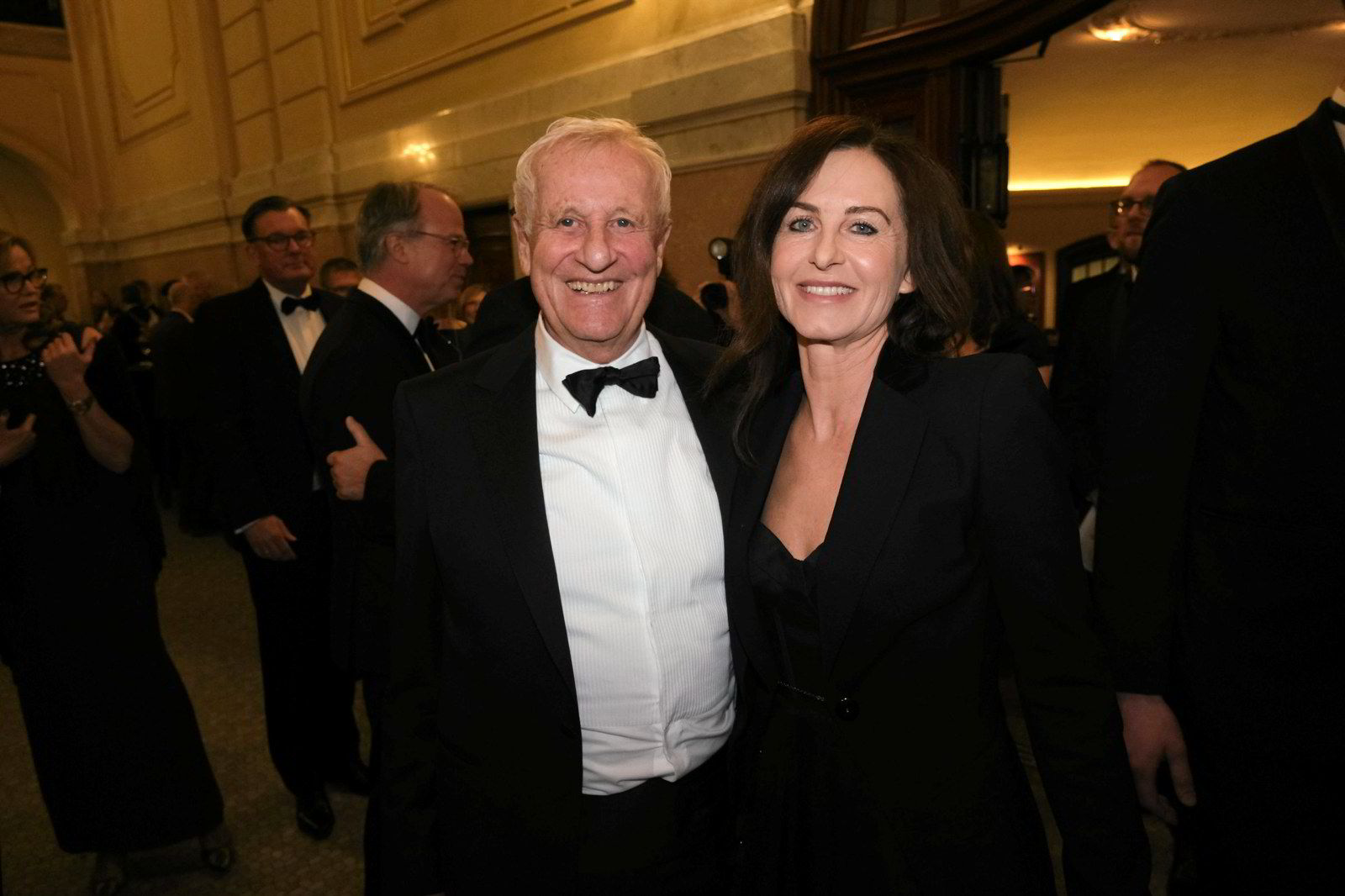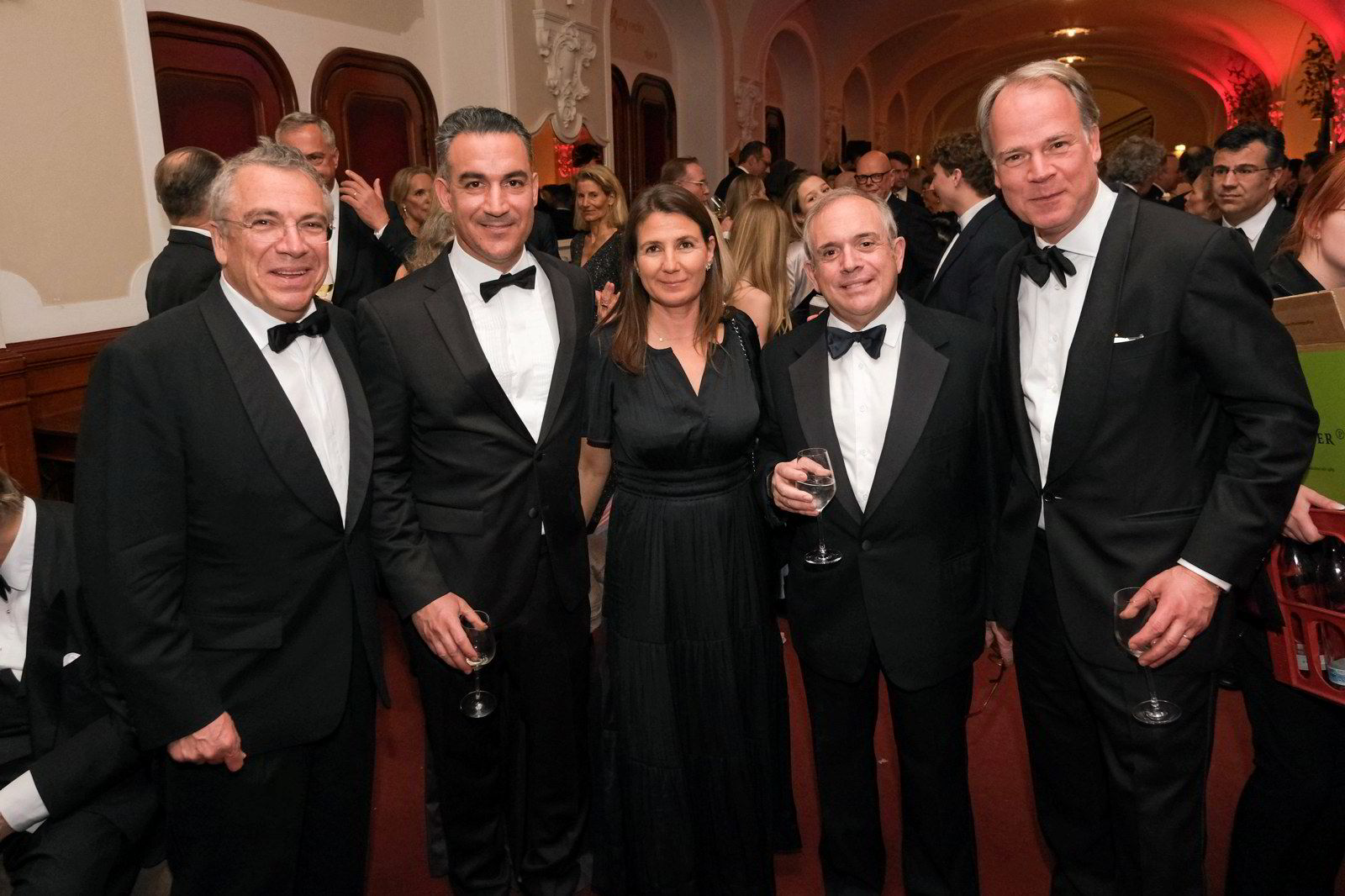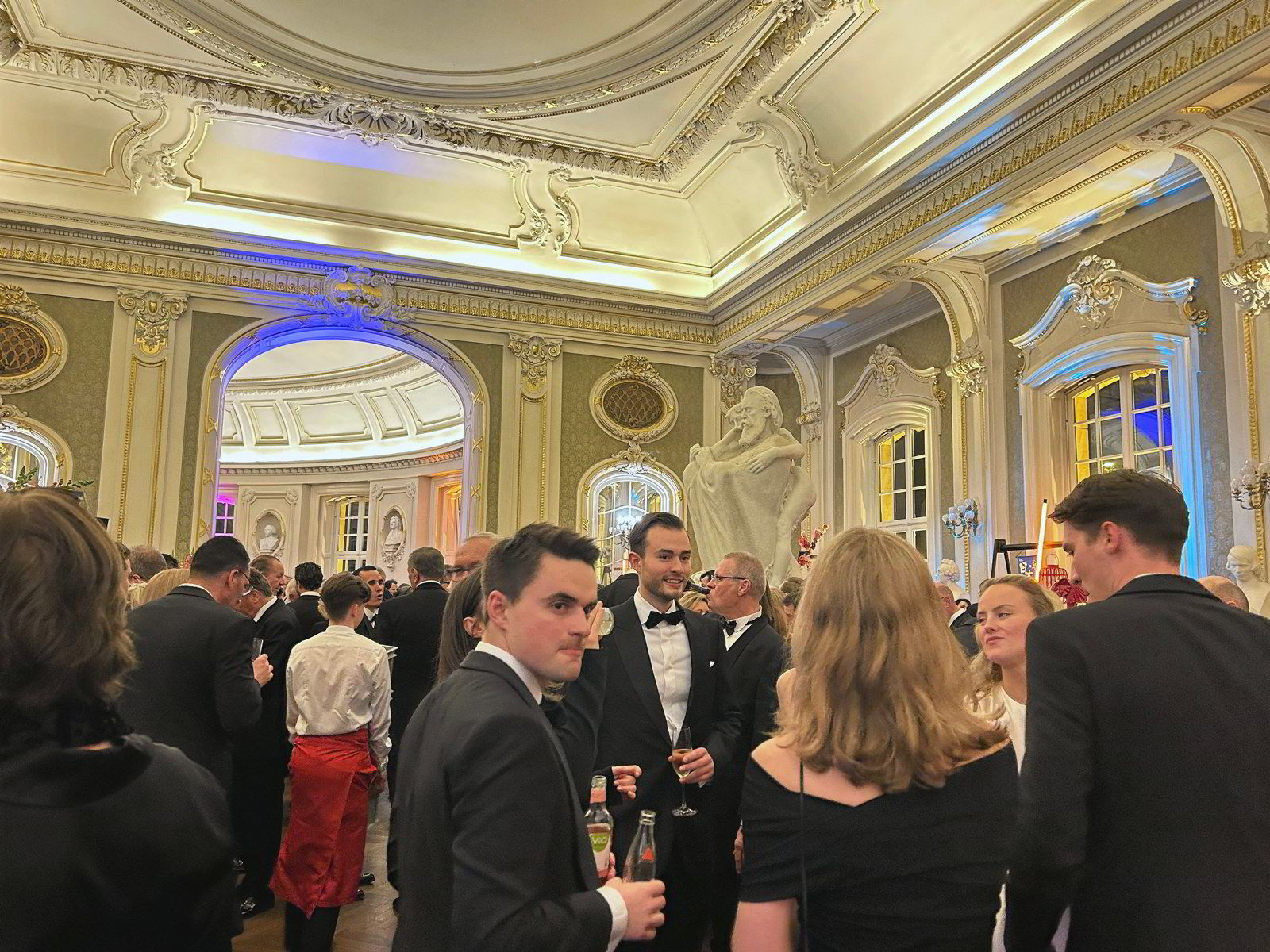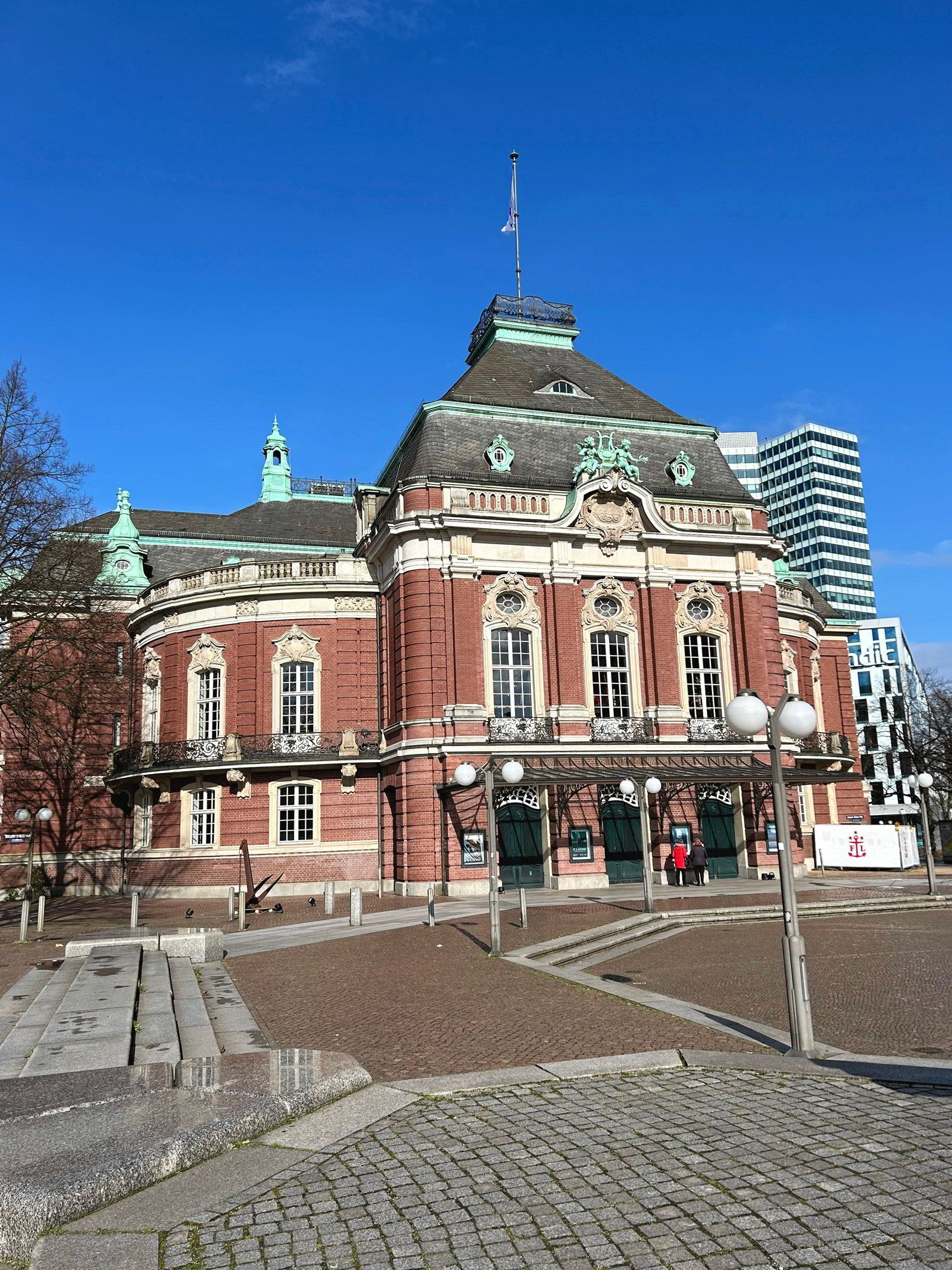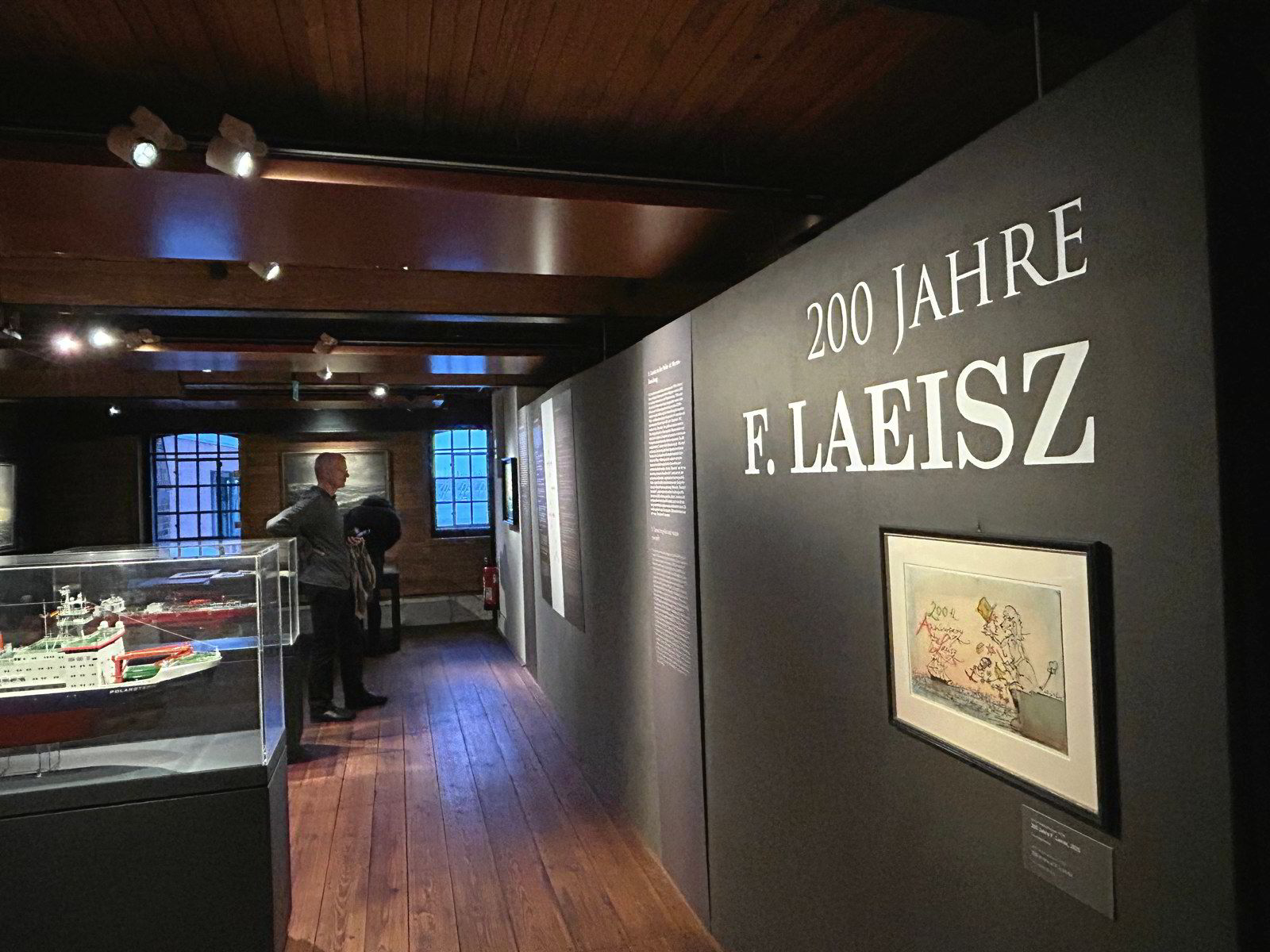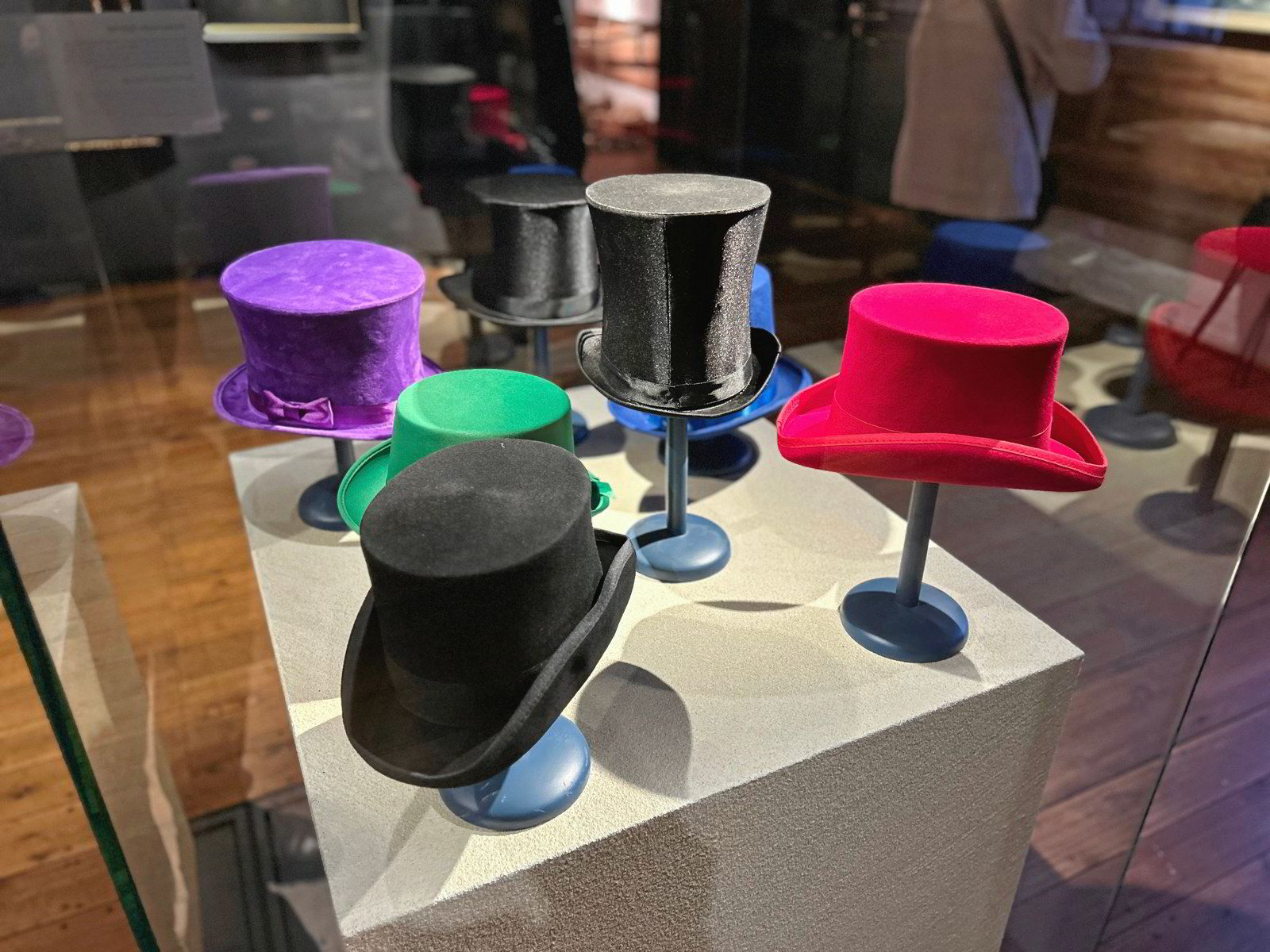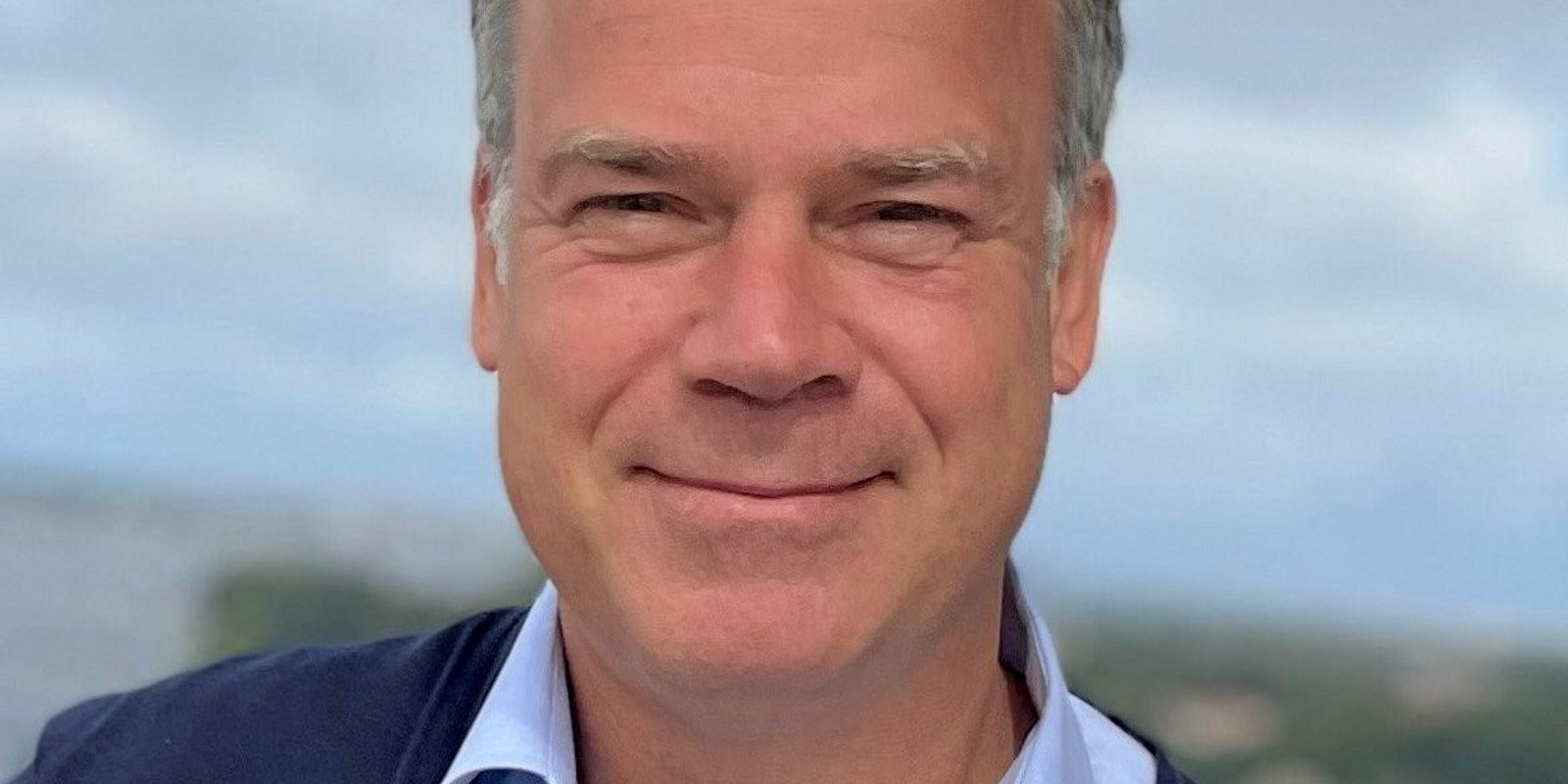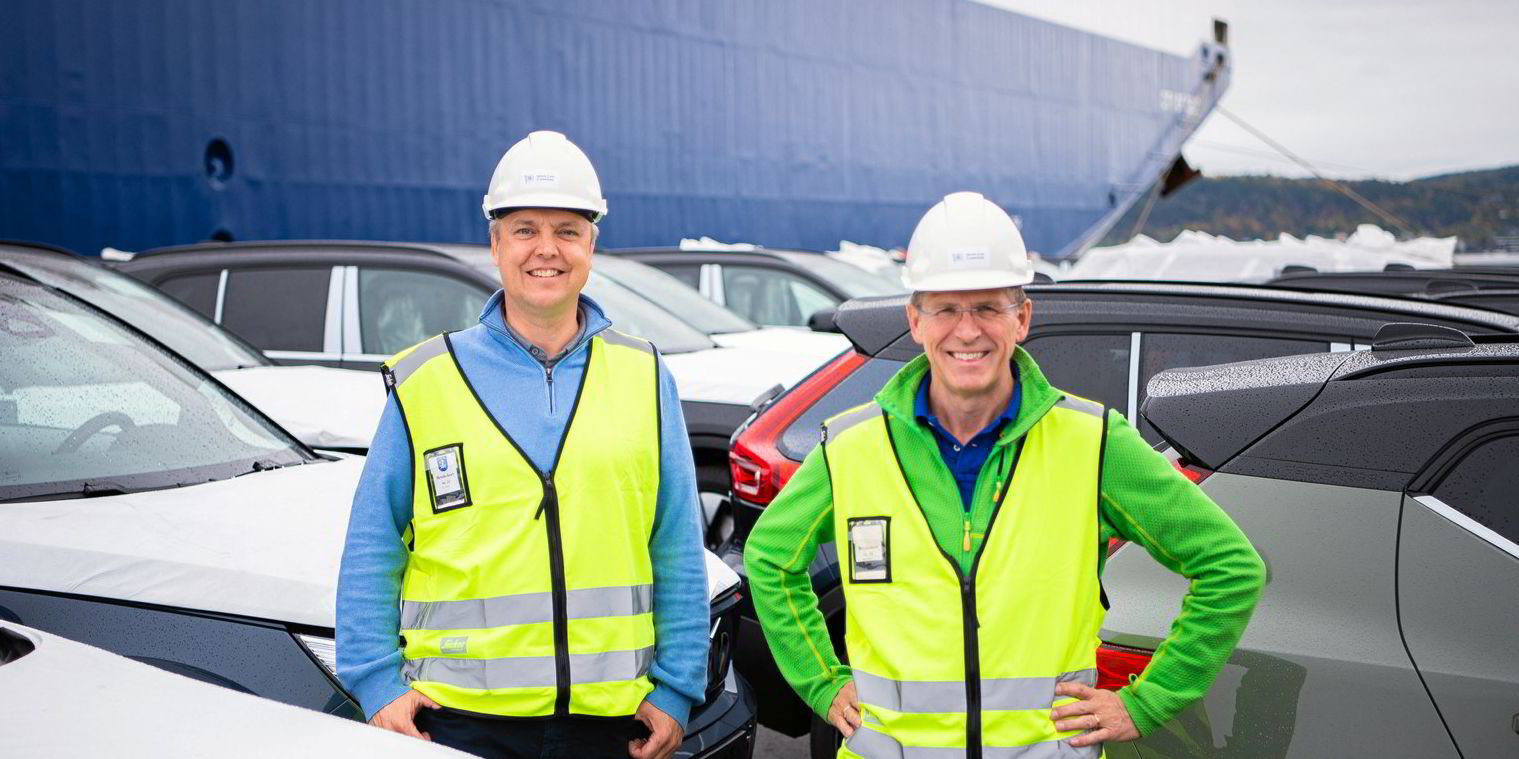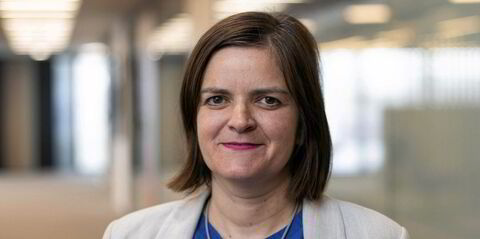Only a handful of companies can boast of being older than most of the world’s nation-states, including the ones they are based in.
German shipowner F Laeisz celebrated its membership of that select group on 23 March with a grand gala concert in its home city of Hamburg.
“It is a company event as far as tax deductibility is concerned but a family-and-friends event for everyone on and off stage,” F Laeisz chief executive and owner Nikolaus H Schues told the hundreds of guests from Germany and abroad.
Calling the gathering a family-and-friends event was pure Hanseatic understatement, given its grand setting in the Laeiszhalle — an imposing, neo-baroque-style concert hall completed in 1908 through a 1.2m mark donation by Carl Laeisz, the second-generation owner, to the city of Hamburg specifically for its construction.
When Carl’s father, Ferdinand, set up the business in Hamburg on 24 March 1824, it had nothing to do with ships — it was a hat shop.
It was 15 years later F Laeisz went into shipping when Ferdinand commissioned a brig to make his own transport arrangements with South American clients.
Having caught the shipping bug, Laeisz never looked back. In the following decades, the German businessman expanded into bulker transport.
What eventually made the company fame and fortune was its large “Flying P-Liner” sailing ships, which carried potassium nitrate from Chile around Cape Horn and grain from Australia in record times.
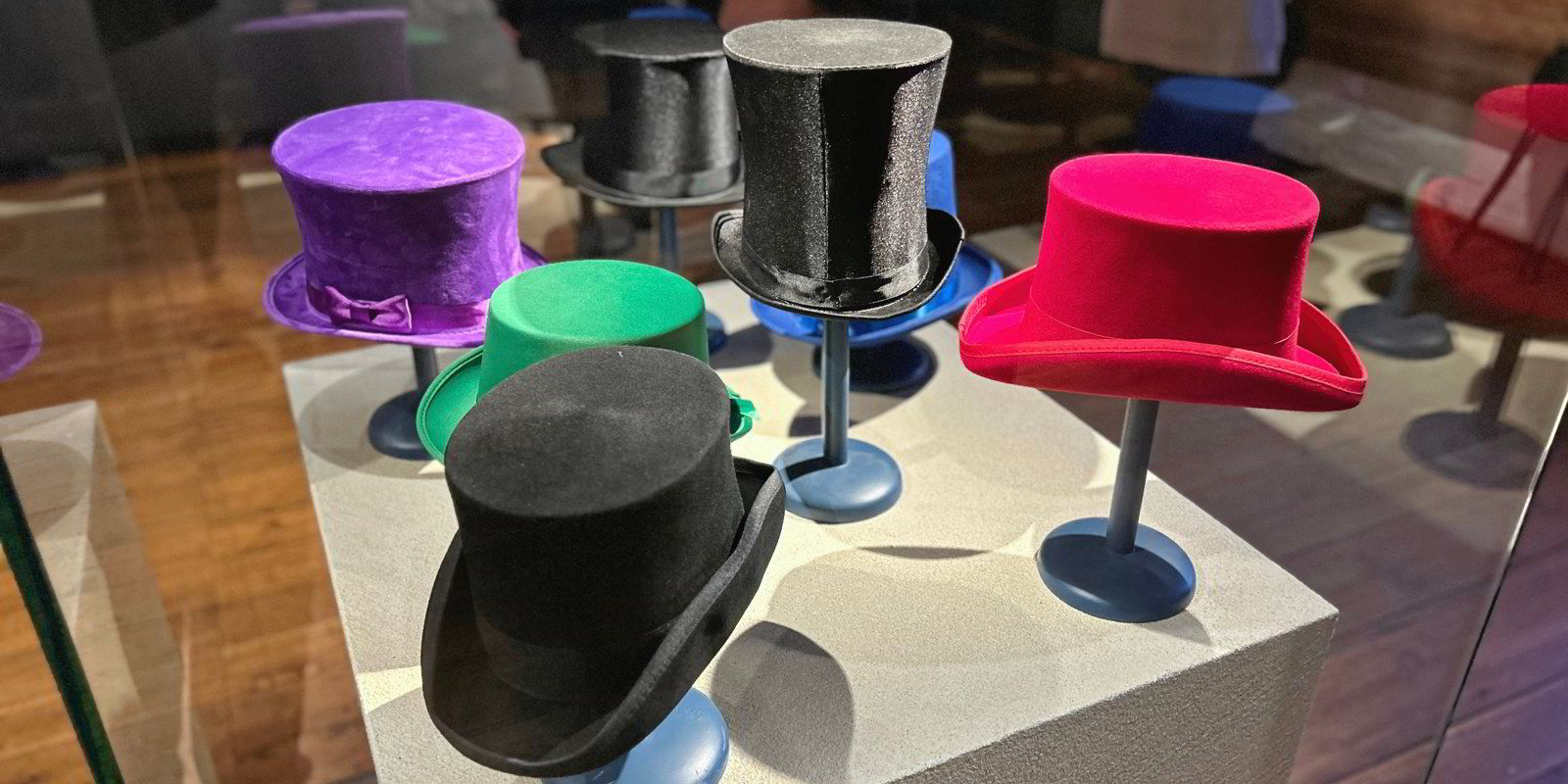
Their legendary speed allowed the vessels to remain in service for a surprisingly long time, well into the 20th century, as rival early steamships were not fast enough or big enough to compete.
The company’s success spurred the Laeisz family to get involved in other Hamburg shipping ventures, some active today.
Every stone one turns in Hamburg, the Laeisz name is likely to crop up, such as in the co-founding of firms such as Hamburg-American Line (Hapag) in 1847 and Hamburg Sudamerikanische Dampfschifffahrts-Gesellschaft AS & Co KG, widely known as Hamburg Sud, in 1871.
War hit F Laeisz hard, however, with the company being reduced to running a few fishing boats after World War II.
It quickly bounced back, reinventing itself during the German Wirtschaftswunder as an operator of refrigerated ships in the banana trade, container ships and car carriers.
The Wirtschaftswunder, also known as the Miracle on the Rhine, was the rapid reconstruction and development of the economies of West Germany and Austria after World War II.
F Laeisz is today the single biggest shareholder in Oslo-listed Gram Car Carriers.
Under the stewardship of the Schues family, who became partners in 1973 before assuming control, F Laeisz expanded into the cruise business after the collapse of communism. They acquired an operation in East Germany that later developed into AIDA Cruises.
Under its latest reinvention, F Laeisz is coming full circle. Its diversified fleet of about 60 vessels includes seven ships carrying ammonia, essentially potassium nitrate in gas form.
Five of these tankers belong to partner Yara International, a Norwegian maker of ammonia and fertiliser.
“At Bimco, I keep being reminded that we are technologically agnostic — well, tonight I am speaking on behalf of Laeisz and I can openly admit that I believe in ammonia being one of the main future fuels of shipping,” said Schues, who is currently president of the world’s largest shipping association.
